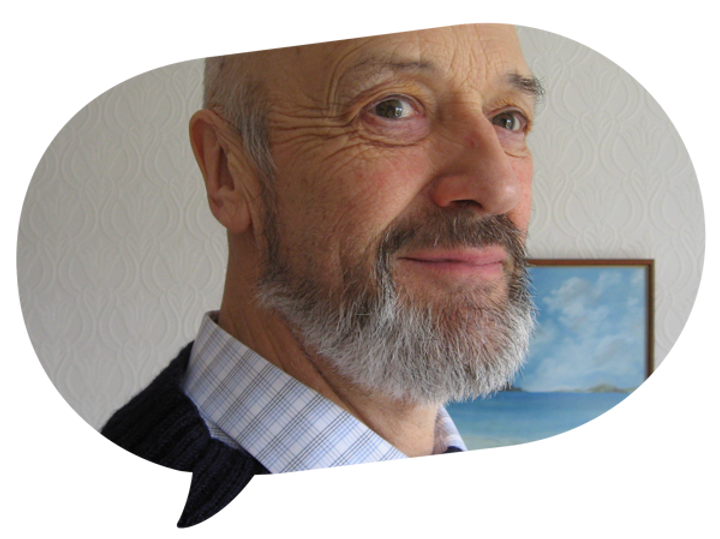At 67 years old, I thought it was more a symptom of not being as young and energetic as I once was, but I went to the doctors, just to be sure. They called me back only four hours after my blood test. Did I get headaches? Was there tingling in my toes and fingers? From then on, things moved very quickly.
I was called into the hospital for further tests and told I had a rare type of blood cancer called Waldenstrom’s macroglobulinaemia. Although alarm bells had started ringing the moment the doctor had called me back, my wife and I were shocked by the diagnosis. I was an active hill walker, and we had retired down to west Devon especially to enjoy the walking opportunities. Cancer just hadn’t crossed our minds, let alone a type that few people can pronounce.
Coming to terms with a sudden and life-threatening diagnosis was difficult. We were supported by the hospital, whose nurses spent time with both me and my wife explaining the different treatments. We also told everyone we knew. I’m so glad we took this step early on – it meant that from the beginning my friends and family could have open discussions with me about my health and treatment, without feeling awkward.
Living with WM has had its downs, but my wife and I remain positive. One of the toughest parts is the worry of not knowing when you might next need treatment. I had horrible side effects on my first round of treatment, and I worried about having to go through that again. Reaching out to WMUK and other people affected by WM really helped me, though. I had some great chats with other patients about their experiences, and what they had been through. It was reassuring, especially so early on in my own diagnosis.
During the three years I was on ‘watch and wait’, I lived in a sort of haze. I’ve always had a logical and analytical mind, but now sometimes found my thoughts getting lost. This haze made things harder, day-to-day. As a stage manager at my local theatre group, I lost track half way through a performance – something that I would never have done before my diagnosis.
Then, almost four years to the day of my diagnosis, I was given the go ahead to start ibrutinib. After an initial spell of exhaustion that lasted just a couple of days, my energy returned and I regained the clarity of thought that I hadn’t experienced in four years. I bought new walking trousers, joined a couple of local committees and started up an active life once more.
The COVID-19 pandemic has been a frustrating and worrying time, but we have faced it much like we have this entire experience: with a positive mindset. Of course, all the shows with the theatre I’m a part of were cancelled, which was disappointing after so much work, and I missed the social aspect of meeting up with the committees and groups II had joined. But I’ve also taken the opportunity to get healthier, taking daily walks in the local area, helping my wife in the garden and lots of decorating! After seven Covid vaccinations I have at last antibodies. Our latest Pantomime was the best yet. Life seems worth living again.



